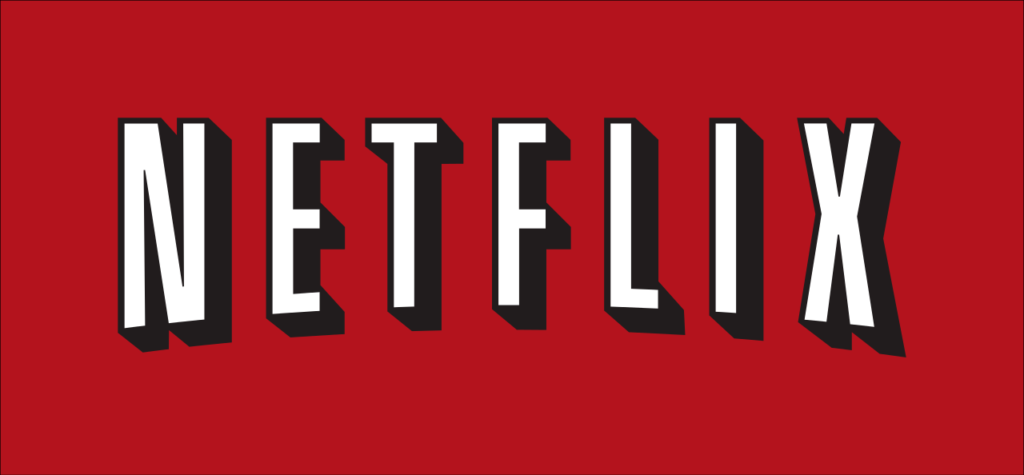 SUBTITLE ALL THE THINGS!
SUBTITLE ALL THE THINGS!
Earlier this week, Netflix subscribers received an email announcing that the streaming site was dropping its star based rating system. I kind of ignored it at the time, I had not watched anything to completion on Netflix recently. But just yesterday, I was watching the Louis CK - 2017 comedy special.. And there it was at the end.
It was either a thumb up. Or a thumb down.
Nothing else.
Just up.
Or down.
I believe that it is the world view of not particularly wise people, or morons if you will, that things can be categorised as only one thing or the opposite (consider Facebook).
Before, Netflix had a 5 notch graduation scale, where the notches were symbolised by yellow stars, and 1 star was Hated It and 5 was Loved It. 3 stars being Meh, it's okay [paraphrased]. Even that always seemed a bit reductive.
I don't think that you can simplify preference down to a one dimensional scale and 5 levels would really not be enough even if you did. But I guess if you start measuring everything with oranges, it'll seem like everything could be expressed as oranges. This means that despite being only one dimensional, it was quite accurate for suggestions. For me at least. If a movie shows up as a suggestion with 3¼ stars, I would usually think of it afterwards: "This was passable but it did actually have a few good bits. 3¼ stars indeed." Again, that's because I'm used to measuring everything on that same scale as Netflix by then.
It got me thinking that it might be the reason why Netflix was dropping the stars. Preference is very subjective after all. It could be about reducing the computational complexity of processing all those ratings to come up with suggestions on what to watch AND the expected ratings you would give those. A binary of liked/didn't system might be easier to mine. They probably have a few million subscribers around the world, each with likely multiple profiles, so that could mean several hundred thousand reviews to process through recompile preferences for each profile and guess suggestions from there.
The Yay/Nay system would be like having 2 bins where people just drop stuff they either like/dislike. Instead of having 5 bins, where depending on the person, you would disagree that something should be in the 1 bin vs the 2 bin. Having it being only A or B means statistically, you have a better chance of using group data to estimate individual preference. It's more accurate (on that scale) but not precise (by any metric whatsoever). It might even be that Netflix plans to use thumbs up/down to decide what titles to keep or drop.
Now imagine how elections would go if candidates were elected based on a 5 star scale.
But it could also be that some executive made the following conjecture:
OMG, like, u guys wouldn't it be, like, neat if like it was, like, just like Facebook.
Side note, most people probably don't even talk like that but if they do, I don't want to know them.
But should we care about the thump up/down?
Companies are dumbing down their products further and further (consider Apple and well.. Google too). It either means that they think their customers are getting dumber and/or lazier or it could mean that humans in general are becoming dumber/lazier and the companies are just reacting to that. The latter is more likely since companies are still for the most part run by humans.
And if humanity keeps being dumbed down, what you really be worried about are Opossums with opposable thumbs. or Oppothumbs.
 This Opossum has at least one opposable thumb. It can also rate things on
This Opossum has at least one opposable thumb. It can also rate things on Netflix. Where is your god now?
For real, I would rather just not bother rating things on Netflix anymore and instead manually search for things to watch.
A straight up directory of everything that's available to stream would be infinitely less costly, and useful to the viewer, than trying to guess what said viewer might have liked based on past likes/dislikes and just let the damn viewer make up their own damn mind about what they would like.
